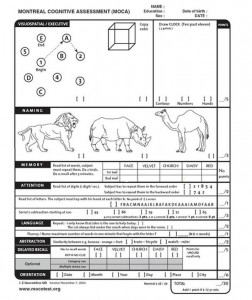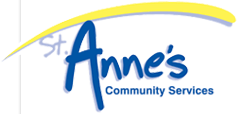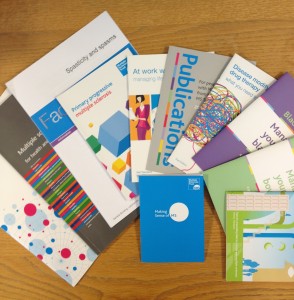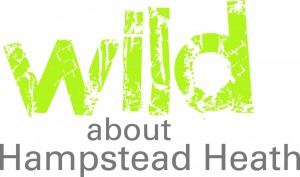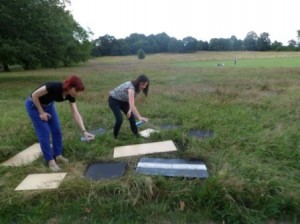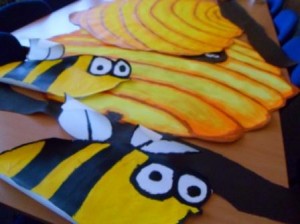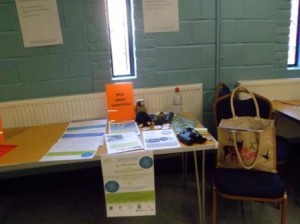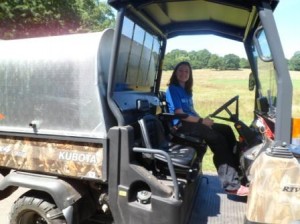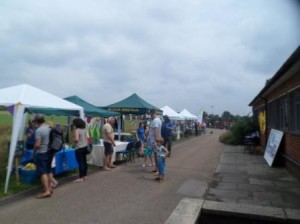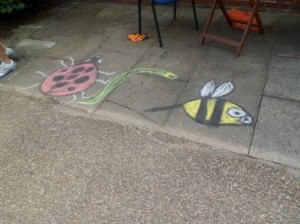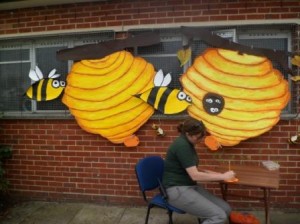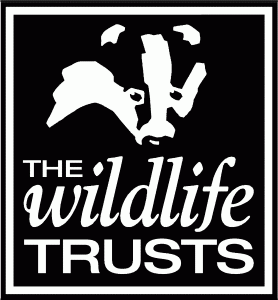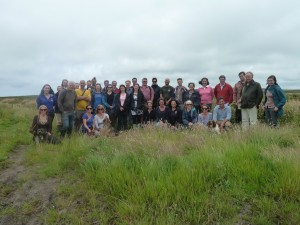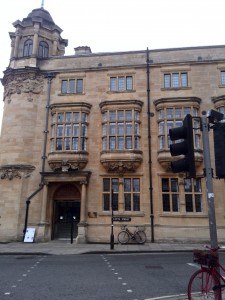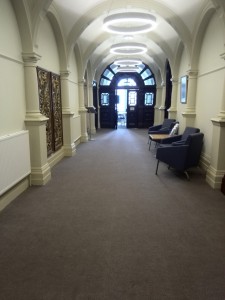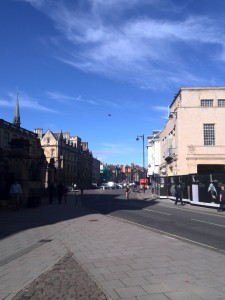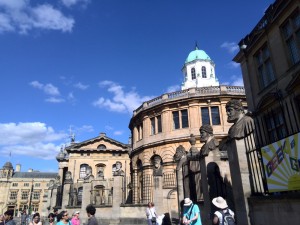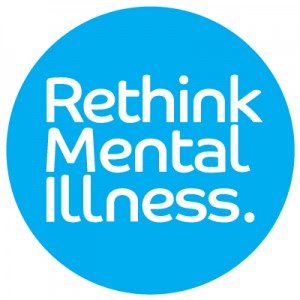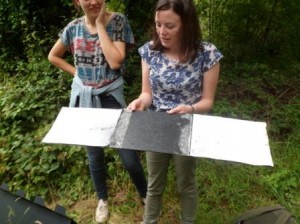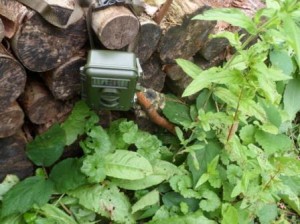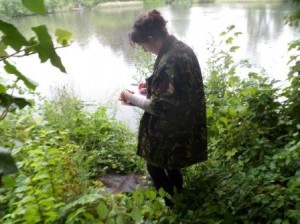Day one at St. Anne’s Community Services
My project
Since it’s my first blog post I’ll just give a brief overview of my internship project. Over the next four-six weeks I’ll be working with St. Anne’s, a charity based in Leeds that provides a range of services to vulnerable groups in society, from the homeless to people with learning disabilities. My project involves working with St. Anne’s to screen groups of people for cognitive impairment, linked to ARBD – Alcohol Related Brain Damage.
ARBD is an umbrella term for various symptoms associated with physical damage to the brain, caused by both the toxic effects of alcohol and vitamin deficiencies that accompany its long-term use. At present, very little is known about the prevalence and severity of this condition in vulnerable groups, such as those with a history of alcohol and substance abuse. The aim of my project is to identify possible cases of cognitive impairment through screening volunteers at a homeless hostel for men, and a breakfast club for homeless men and women, and use this data to examine the incidence of ARBD among these groups. My project is a kind of pilot study, to see if there is a need for more widespread screening for ARBD, or a service in Leeds (and, potentially, around the UK) to help these people.
Day one!
My first day started with a meeting at Holdforth Court – a homeless hostel for men run by St. Anne’s – with some members of the St. Anne’s team. It’s hard for me to put myself in the shoes of some of the people I will be screening; most of them are homeless and many are alcohol-dependent, so it was important to discuss how I was going to approach the topic of screening with these people.
The screening tool I’ll be using (the Montreal Cognitive Assessment) consists of some questions to assess various cognitive domains (excuse the jargon!). Often, people with a history of long-term substance abuse do have impaired cognitive function and problems with their memory, so you can imagine that it’s a sensitive subject. Myself and the St. Anne’s team spent some time deciding how I’ll approach the subject with their service users (more jargon!), and we agreed that over the next week I’ll spend some time at Holdforth Court and a breakfast club run for homeless people just socializing with the service users. It’s important that they feel comfortable enough with me to allow me to perform the screen, so I’ll be spending some time just getting to know them.
At the moment I’m feeling pretty excited about the project, although I am nervous about doing something so different from usual life at Imperial! It’ll be nice to actually get out there and interact with the service users on a personal level, and to hopefully be able to help any that do show signs of cognitive impairment.
My internship took another surprising turn when we were trying to come up with ways to encourage people to attend the screening sessions, and it looks like I’m going to be putting my baking skills to the test! I’m going to (attempt) to whip up some cakes to entice people to be screened, although the staff at St. Anne’s of course have to sample them first! I never expected my internship to involved my culinary skills, but that’s what I think I’m going to enjoy so much about this project – it’s constantly adapting and presenting me with new challenges.
For the rest of the day I’ve been designing some posters to put up around Holdforth Court explaining what I’m doing and why, hopefully to encourage people to volunteer to be screened. I’ll keep you updated on how it all goes!
